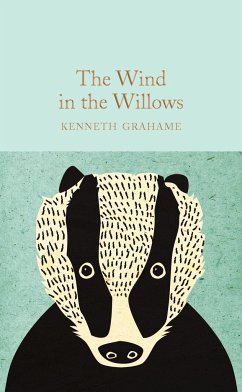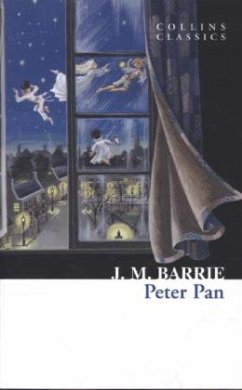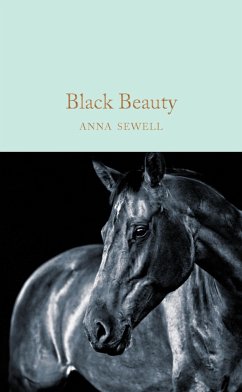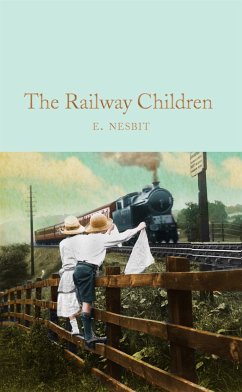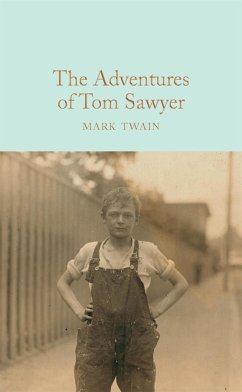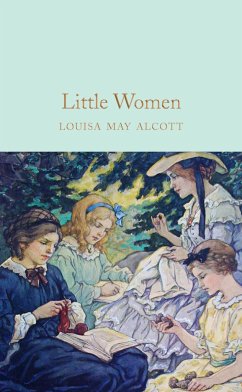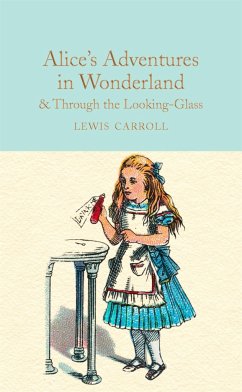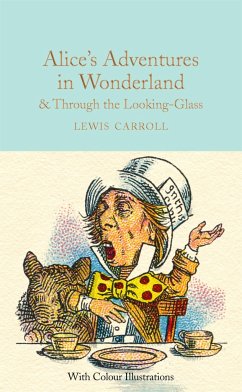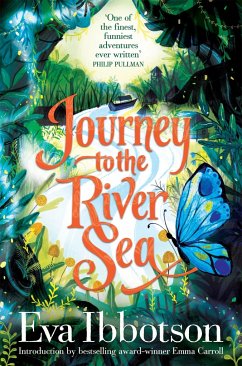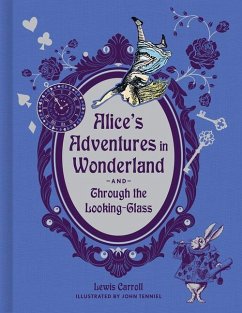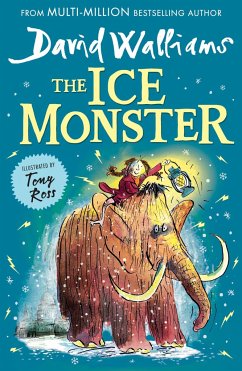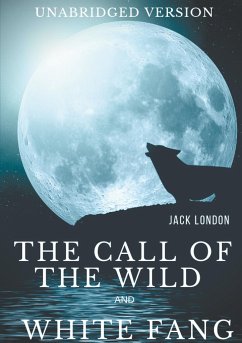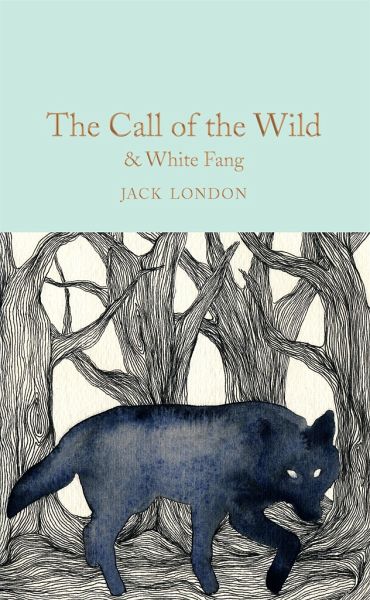
The Call of the Wild & White Fang

PAYBACK Punkte
5 °P sammeln!
Extraordinary both for the vividness of their descriptions and the success with which they imagine life from a non-human perspective, these two classics of children's literature are two of the greatest and most popular animal stories ever written.Part of the Macmillan Collector's Library, a series of stunning, clothbound, pocket-sized classics with gold-foiled edges and ribbon markers. These beautiful books make perfect gifts or a treat for any book lover. This beautiful Macmillan Collector's Library edition of The Call of the Wild & White Fang features an afterword by Sam Gilpin.The Call of t...
Extraordinary both for the vividness of their descriptions and the success with which they imagine life from a non-human perspective, these two classics of children's literature are two of the greatest and most popular animal stories ever written.
Part of the Macmillan Collector's Library, a series of stunning, clothbound, pocket-sized classics with gold-foiled edges and ribbon markers. These beautiful books make perfect gifts or a treat for any book lover. This beautiful Macmillan Collector's Library edition of The Call of the Wild & White Fang features an afterword by Sam Gilpin.
The Call of the Wild tells the story of Buck, a domestic dog who is kidnapped from his home in California and forced to pull sleds in the Arctic wasteland. White Fang, by contrast, is the tale of a crossbreed who is three-quarters wolf and a quarter dog, and who must endure considerable suffering in the wilderness before being tamed by an American and taken to live in California.
Part of the Macmillan Collector's Library, a series of stunning, clothbound, pocket-sized classics with gold-foiled edges and ribbon markers. These beautiful books make perfect gifts or a treat for any book lover. This beautiful Macmillan Collector's Library edition of The Call of the Wild & White Fang features an afterword by Sam Gilpin.
The Call of the Wild tells the story of Buck, a domestic dog who is kidnapped from his home in California and forced to pull sleds in the Arctic wasteland. White Fang, by contrast, is the tale of a crossbreed who is three-quarters wolf and a quarter dog, and who must endure considerable suffering in the wilderness before being tamed by an American and taken to live in California.




